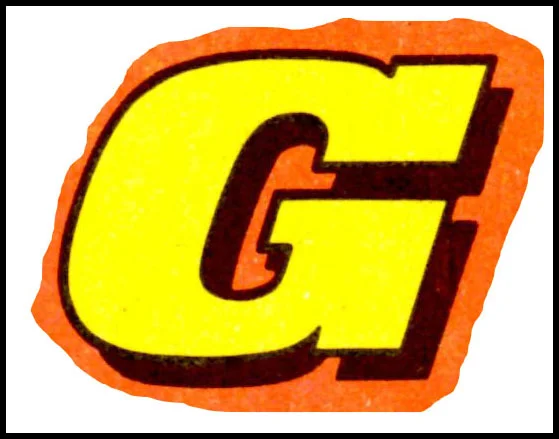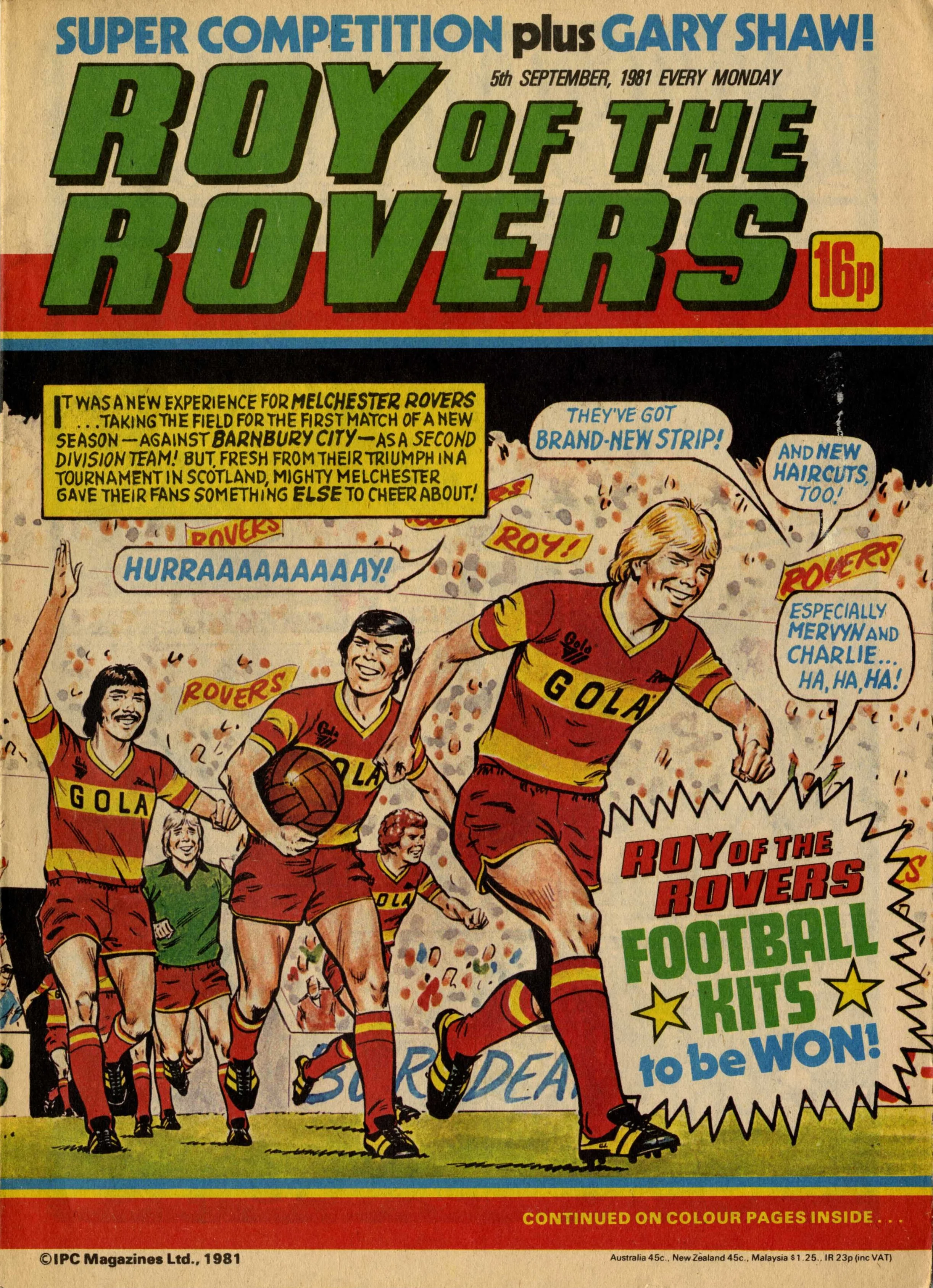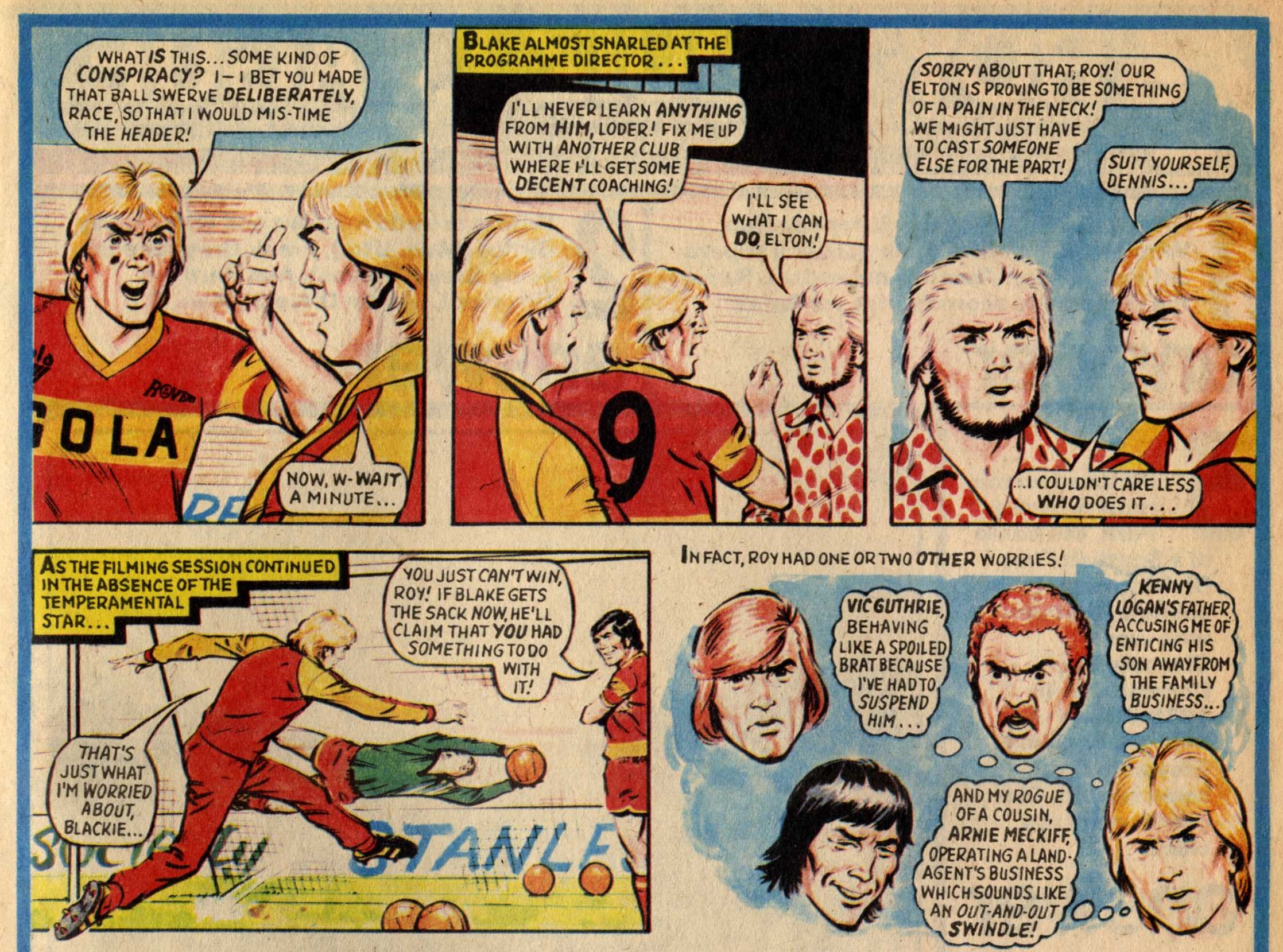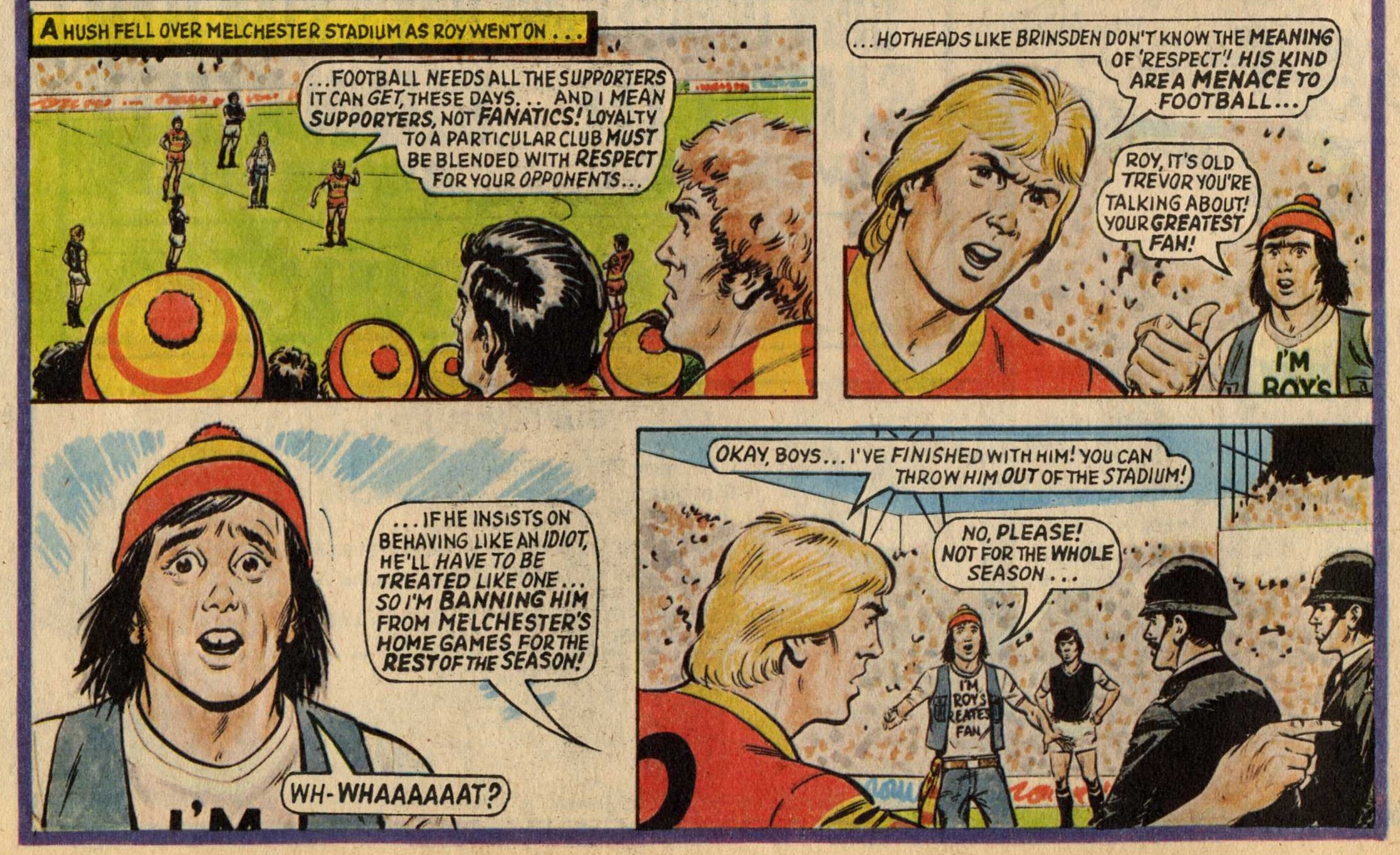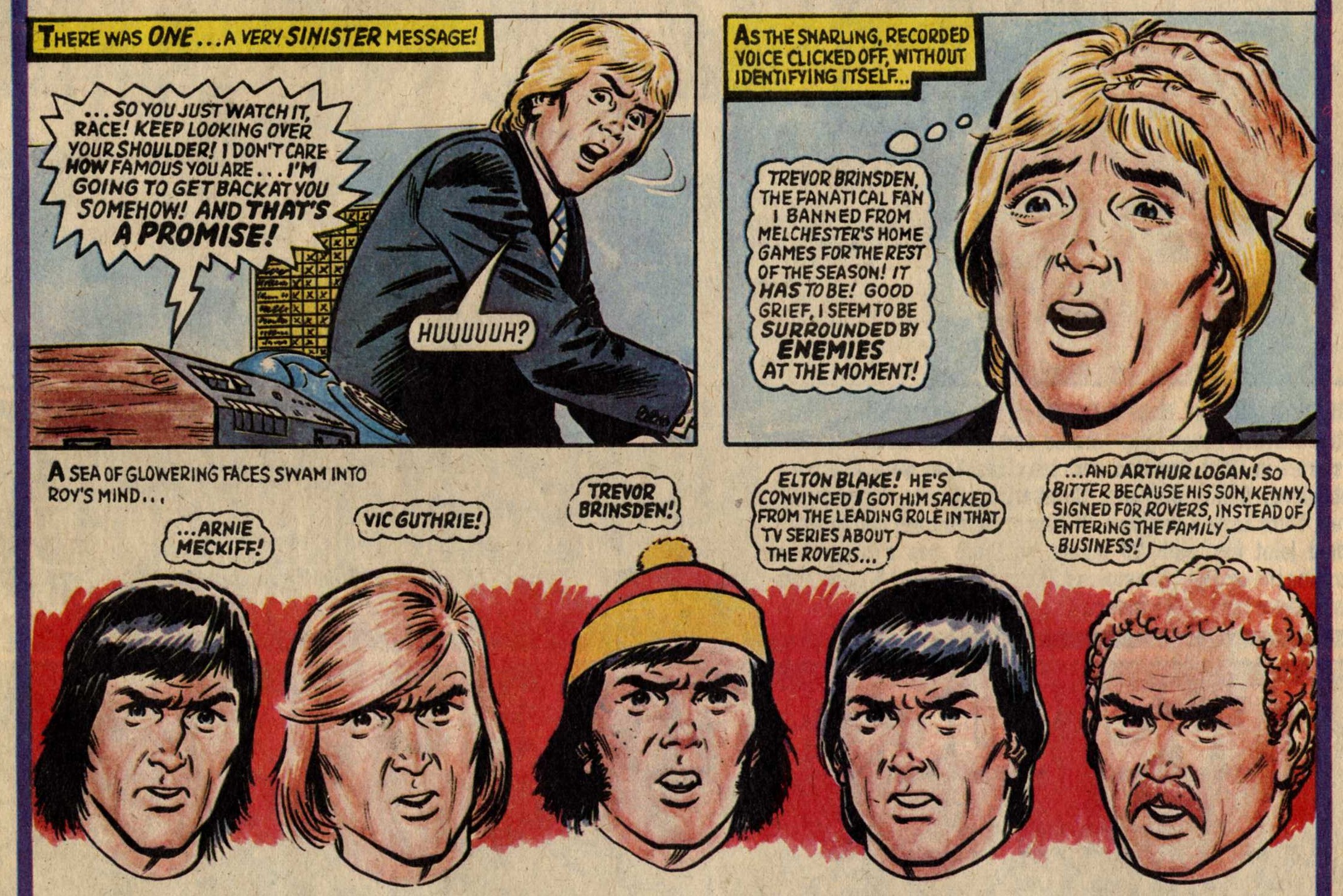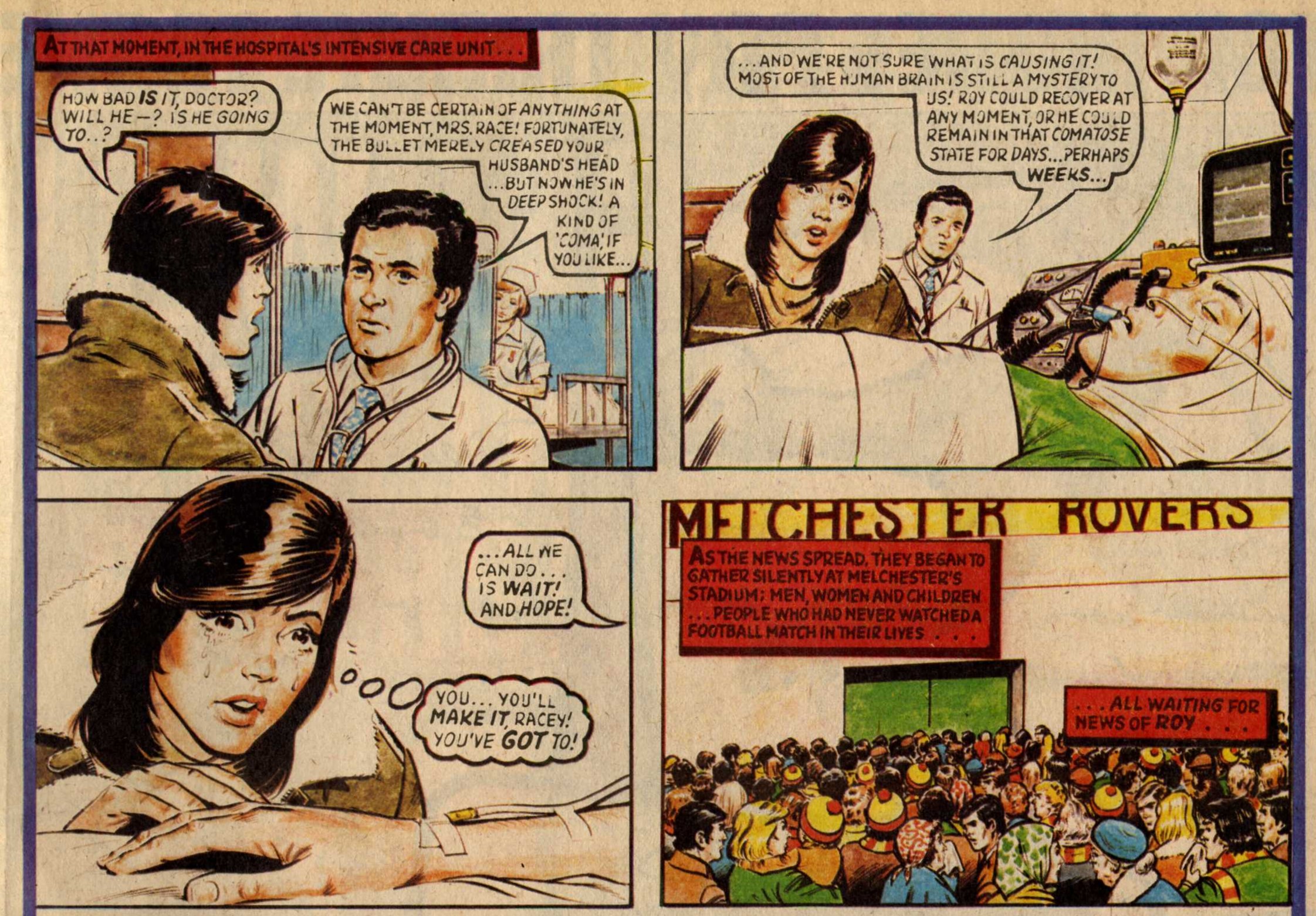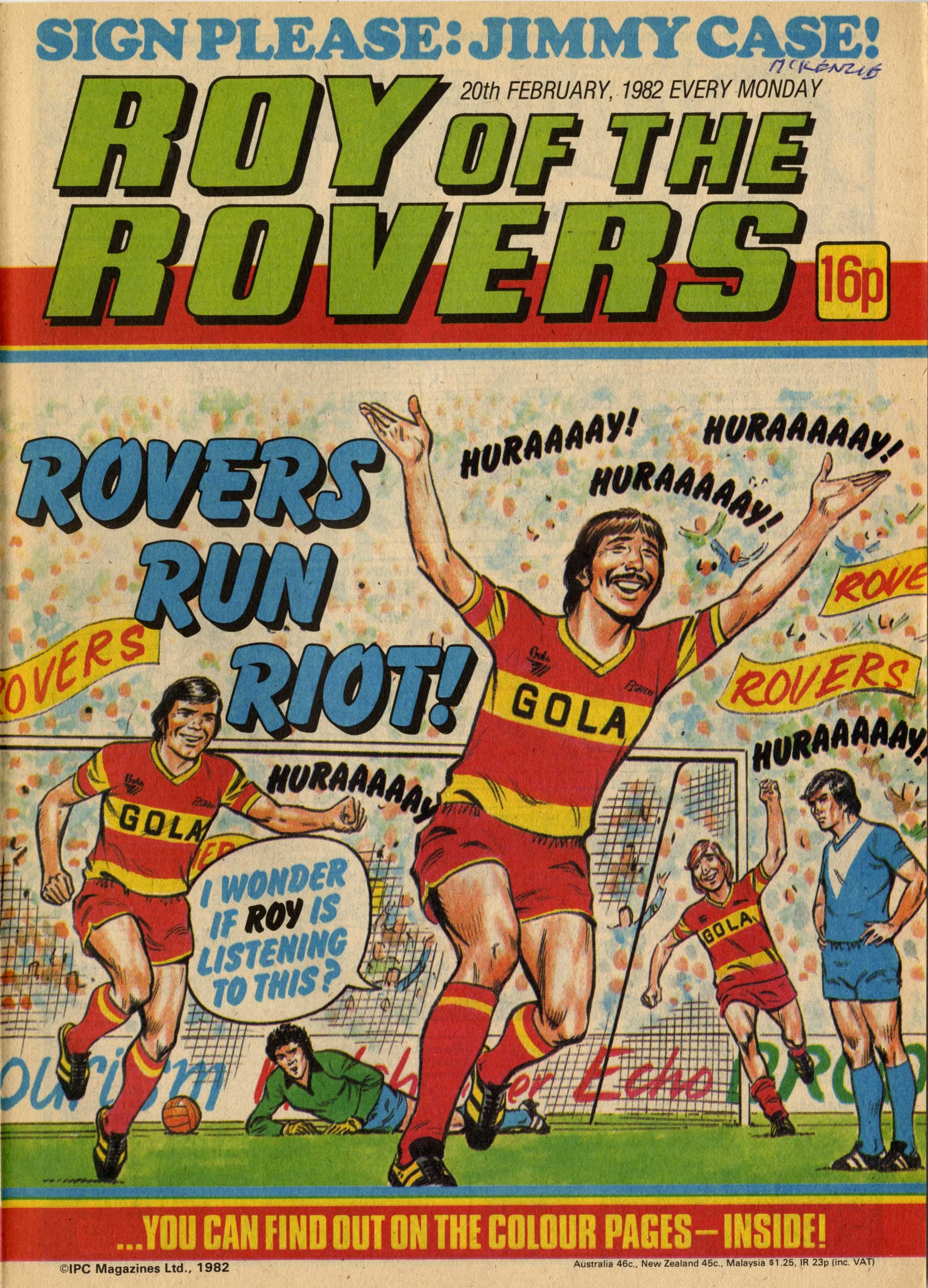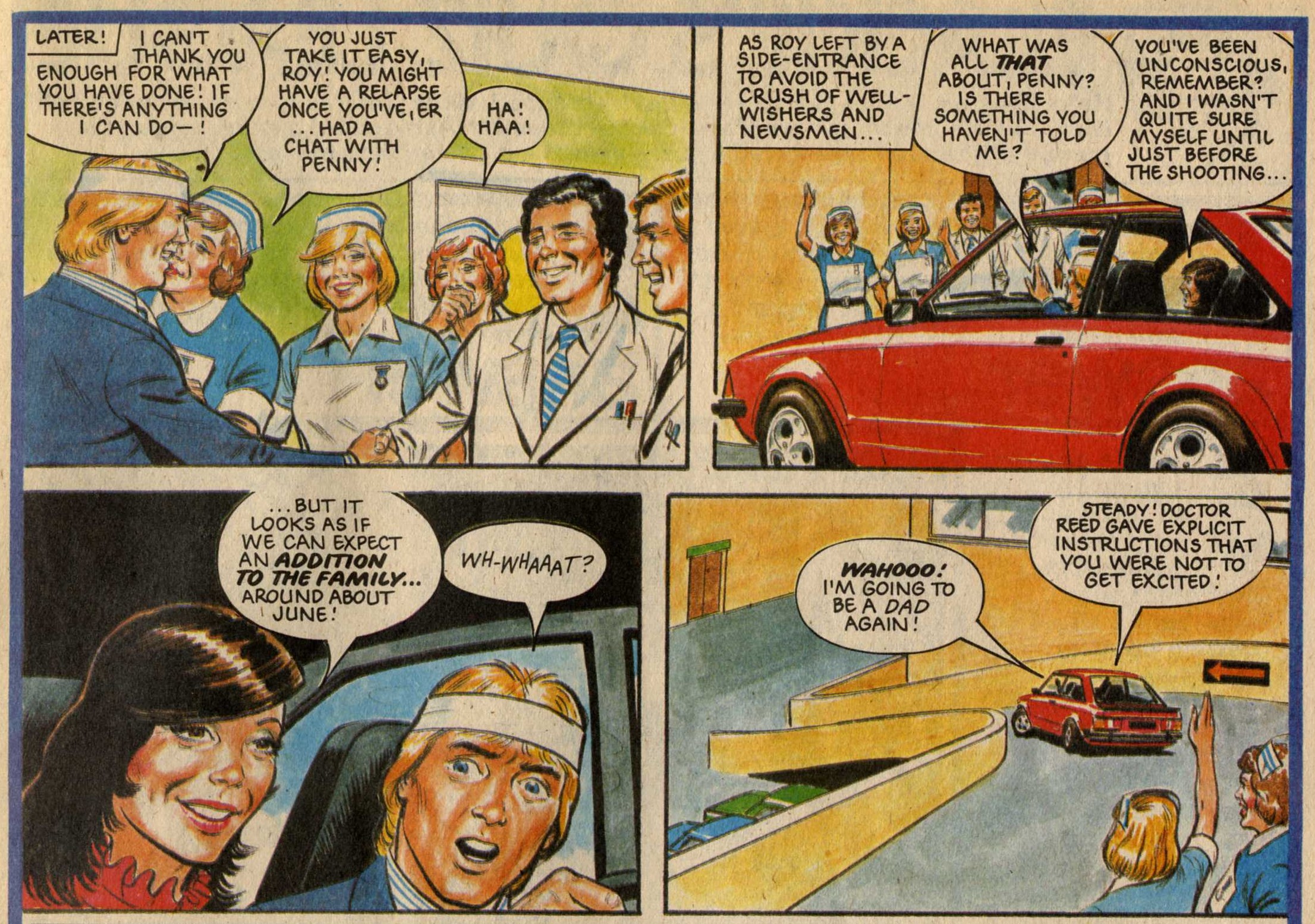Roy's Season Review: 1981-82
This was the season in which Roy Race was shot. Quite why this was – and still is – shocking merits some reflection. Roy of the Rovers was just a kids’ comic, and unlikely events took place in kids’ comics all the time. Even most football strips throughout the previous couple of decades tended to rely on high drama off the field to keep the narrative going, and I think there must have been plenty of strips in Scorcher, Score ‘n’ Roar, Tiger, Valiant and the like in which the proposition of someone firing a gun at a professional footballer lead character wouldn’t have raised many eyebrows. But in his own comic, Roy Race had become something more than just another comic book hero. Editor Barrie Tomlinson and writer Tom Tully had worked hard to develop a soap opera realism to the strip, and in Roy a character with a life beyond the page. It’s funny to see Barrie talk now of Roy as a real person – a friend with whom he still consults from time to time – but it’s also not too difficult to suspend one’s disbelief and accept that he is real. That’s the result of some quite remarkable writing and editing, and of course the incredible art by David Sque.
To give a bit more context to the shooting, in the previous year or so, John Lennon had been shot and there had been assassination attempts on the Pope and Ronald Reagan. J.R. had also been shot in Dallas, and the subsequent ‘Who shot J.R.?’ marketing splurge must have been an influence on the fantastic whodunit structure of this season’s story. There are five suspects for the attack on Roy: ‘superbrat’ defender Vic Guthrie, who felt marginalised and victimised at Melchester; short-tempered actor Elton Blake, who believed Roy got him sacked from playing him in the documentary movie about Rovers; Arthur Logan, who was disapproved of Roy’s signing of his son Kenny; Arnie Meckiff, Roy’s Australian cousin, whom Roy accused of running a dodgy real estate business; and ‘superfan’ Trevor Brinsden, banned for life from supporting Melchester after Roy got tired of his rabble-rousing behaviour. The culprit is revealed below.
On the field, Rovers stormed their way out of the Second Division with a mostly unbeaten campaign, including a record 14-0 victory played in the joy of knowing Roy had come out of his post-shooting coma. Alf Ramsey stepped in as caretaker manager while he was in hospital. And the season ended with a switch of sports as Melchester tried their hands and arms at cricket, in a summer tournament designed to raise money to help save a struggling Fourth Division club now run by ex-Rover Lofty Peake
